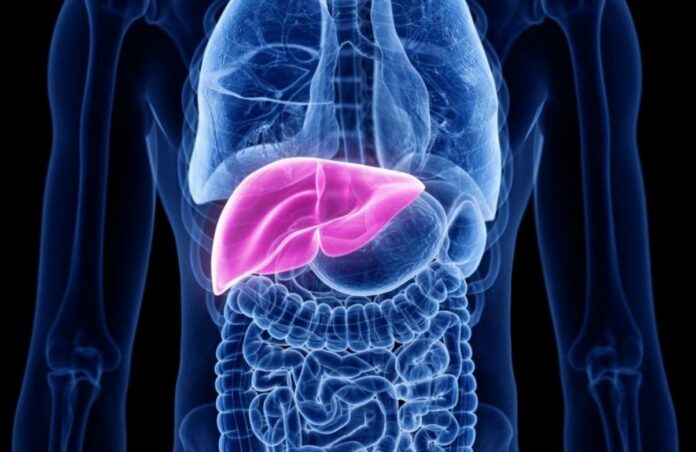Leprosy is one of the oldest and most persistent diseases in the world, but the bacteria that cause it may also be able to grow and rebuild a vital organ.
Researchers have found that leprosy-related bacteria may rewire cells in adult animals’ livers to grow larger without causing harm, scarring, or tumors.
The results suggest that this natural process might be able to be used to repair livers that are getting old and lengthen the amount of time people can live without getting sick.
According to experts, it could also regenerate damaged livers, eliminating the need for transplantation, which is presently the only curative option for those with end-stage liver scarring.
In the past, scientists helped mouse livers grow back by making stem cells and progenitor cells, which are the next step after a stem cell and can become any type of cell for a specific organ. This was an invasive method that often led to scarring and the growth of tumors.
To avoid these negative effects, Edinburgh researchers used Mycobacterium leprae’s partial reprogramming ability.
The team infected 57 armadillos with the parasite while working with the US Department of Health and Human Services in Baton Rouge, Louisiana. They then compared their livers to those of uninfected armadillos and those that were discovered to be resistant to infection.
They discovered that the infected animals grew enlarged livers that were healthy and undamaged and had the same important organs as the uninfected and resistant armadillos, including blood vessels, bile ducts, and functional units known as lobules.
The experts believe the bacteria ‘hijacked’ the liver’s natural regenerative capacity to make the organ bigger and, thus, to give it more room to grow.
Additionally, they found evidence that the primary types of liver cells, known as hepatocytes, had evolved into a “rejuvenated” state in the infected armadillos.
The afflicted armadillos’ livers, which contain many of the same cell-forming building blocks as human fetal livers, showed gene expression patterns comparable to those found in younger animals.
The aging-related genes were inhibited while the metabolism-, growth-, and cell-related ones were turned on.
The reason for this, according to scientists, is that the bacteria reprogrammed the liver cells, sending them back to their progenitor stage where they could then develop into new hepatocytes and produce new liver tissues.
The researchers believe this finding may one day lead to new treatments for aging and liver damage in people. Currently, liver illnesses account for two million fatalities annually in the world.
These results have been published in Cell Reports Medicine. The Medical Research Council of the UK and the National Institutes of Health and National Institute of Allergy and Infectious Diseases of the US have both provided funding for this research.
“If we can identify how bacteria grow the liver as a functional organ without causing adverse effects in living animals, we may be able to translate that knowledge to develop safer therapeutic interventions to rejuvenate aging livers and to regenerate damaged tissues,” said Professor Anura Rambukkana, lead author from the University of Edinburgh’s Centre for Regenerative Medicine.
Source: 10.1016/j.xcrm.2022.100820
Image Credit: Getty
